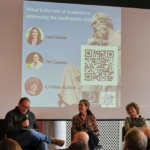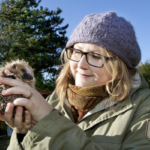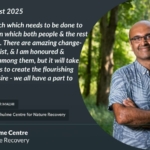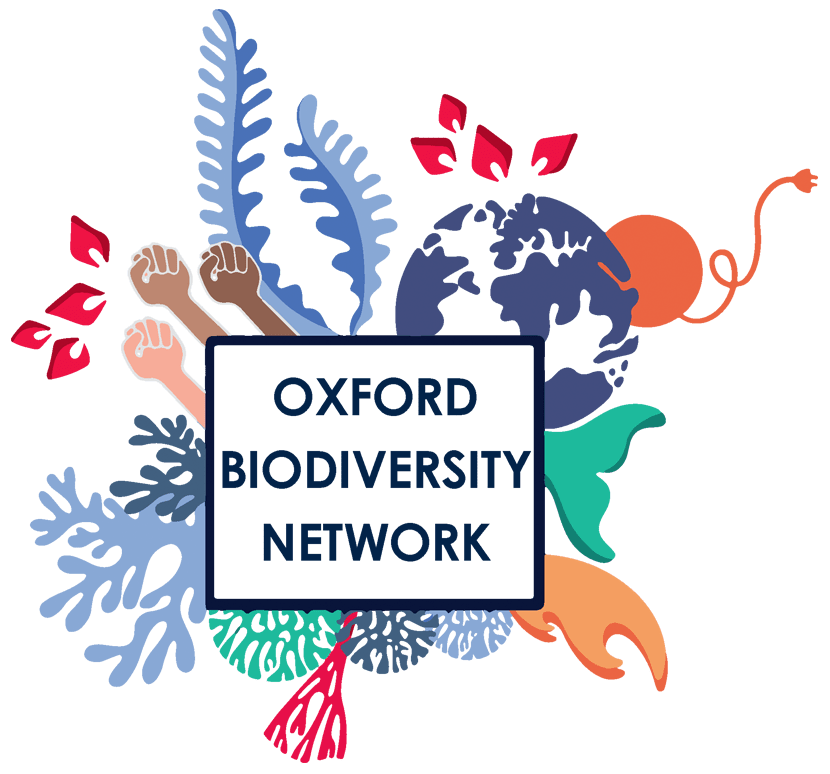Conservation Optimism; Being Positive About the Future
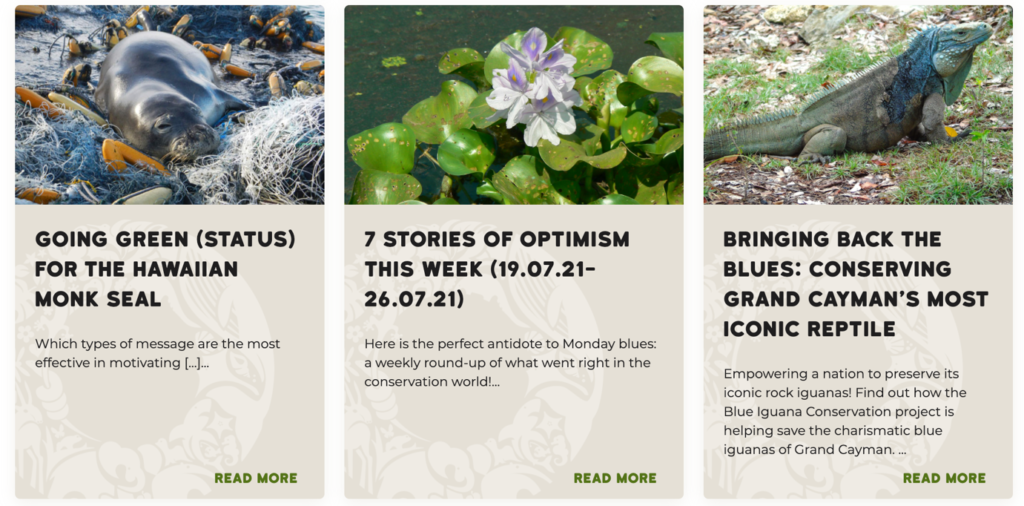
An interview with Julia Migné by Michaela Rychetská
The significance of climate change has brought a new light on the importance of conservation. Droughts, wildfires, floods, storms, and other extreme events are occurring more rapidly than ever and sow the seeds of fear in our lives – into mine for sure. While this negative news reverberates around the world within a few hours, the positive achievements are often overlooked.
Recently, I interviewed the inspirational director of Conservation Optimism, Julia Migné, who talked enthusiastically about the future of conservation. Conservation Optimism is not any ordinary conservation hub. Instead, it is a community connecting organizations around the world and making conservation more inclusive for everyone. Moreover, as indicated in its name, optimism is the spirit that drives the whole network’s motivation.
According to Julia, positive stories are more powerful in motivating people to support nature conservation than negative ones, which tend to be counter-productive.
‘If you introduce only the challenges it can leave people feeling depressed as they might feel like they cannot make a difference. Whereas exposing the challenges and highlighting potential solutions has a higher chance of getting people to act, empowering them rather than leaving them feeling like they do not want to even hear about it. We have seen it with COVID-19-related stories where people did not want to read the news because they could not take it anymore. So, when it comes to the environmental challenges we are facing we make sure that they feel like they can make a difference.’
This is the mission of Conservation Optimism, which focuses on highlighting positive stories that might get lost in the rather pessimistic content of everyday news, and helping people become part of the solution. As Julia pointed out, Conservation Optimism amplifies the many positive conservation stories around the world, sharing them with its many audiences, encouraging them to take action.
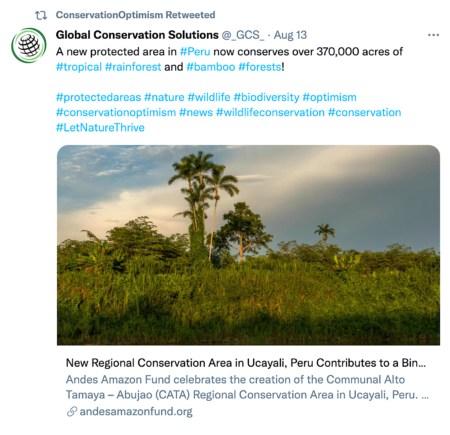
Follow Conservation Optimism on Twitter to get positive news every day!
Julia’s role as the Director of Conservation Optimism involves diverse activities, from managing a team of volunteers across different countries and regions, to organising a film festival.
‘I really love the fact that my work is diverse, so I get to experience many different things. Also, seeing my team grow, witnessing their passion and excitement for Conservation Optimism, and reading the responses from people on social media is what keeps me going.’
After graduating Julia started working as a communication officer at Chester Zoo and co-launched an international media platform called INKLINE, where she wrote about environmental solutions. In 2019, Julia joined Conservation Optimism as its Outreach Coordinator, and her first task was to organise the 2019 Conservation Optimism Summit. Working for Conservation Optimism enables her to combine her passion for communication and outreach with that for nature and conservation.
I could imagine that being optimistic about the future of our natural world can be quite challenging these days. Hence, I was curious to find out how Julia maintains her excitement and a positive mindset.
‘It motivates me and inspires me to hear about the work people are doing and to see how many passionate people are out there trying to make a difference. For example, going on Twitter and witnessing people using our hashtag (#ConservationOptimism) to share success stories within the conservation field is uplifting. Then you realise that there are many challenges, but there are also things that are getting better.’
Some can argue that the lack of information is the greatest challenge to nature conservation, but Julia explained that this is not entirely true. ‘It is usually a question of making it convenient for people because changing a habit is difficult, they need to start with easy actions. For example, if you ask someone to change their whole diet, or say they cannot fly anymore, that might be quite a big ask. You just need to break it down, start by doing one tiny thing and build up on that.’
Motivation is crucial when trying to change habits. ‘There are people that try to use less plastics, produce zero waste, etc. They encourage each other to make these small actions and build it up as a community.’
Speaking about successful projects Conservation Optimism worked on in the past, a Positive Communication Toolkit is undeniably worth mentioning.
‘I am really proud of the Positive Communication Toolkit we created. A lot of people were asking us for help on where to start, as they wanted to be more optimistic but were unsure how to frame conservation messages to boost action.
The Positive Communication Toolkit is a guide created by Conservation Optimism in collaboration with Framing Matters, describing how to (re)frame messages to encourage pro-conservation movements, give people hope, inspire them, discuss and learn from failures, which provides constructive and optimistic takeaways.
‘We have translated it into the Indonesian (Bahasa) language, Spanish, and we are about to publish a Portuguese version. It has been an exciting project, and we have received very positive feedback. I think it made a difference in some people’s lives and in the way they think, which is what we really wanted to do.’
Looking into the projects Conservation Optimism has been successfully working on, the second season of the Good Natured podcast cannot be omitted. In each episode, you hear from inspiring people from diverse backgrounds. ‘We have four shorter episodes that feature people from the department of zoology who share stories related to nature. In our longer episode, which will come out very soon, we interviewed a range of people from conservationists to artists. For example, we’ve interviewed a theatre producer in past, who made a show about conservation.’
The Good Natured podcast is available on Spotify and Apple podcast, or you can access it directly from the website, so give it a listen!
Moreover, there will be a Good Natured short film festival happening in the heart of Oxford in the Museum of Natural History on the 29th of October 2021, which, if you cannot come, will be available on YouTube at a later date. This year’s categories are Animation, Life on Earth, People & Nature, and Students. The panel will announce a winner for each category – definitely an experience you do not want to miss.
Although short, my talk with Julia fuelled me with lots of positive energy and hope for the future of conservation, and I cannot wait to hear more about Conservation Optimism’s projects!
Other recent stories
